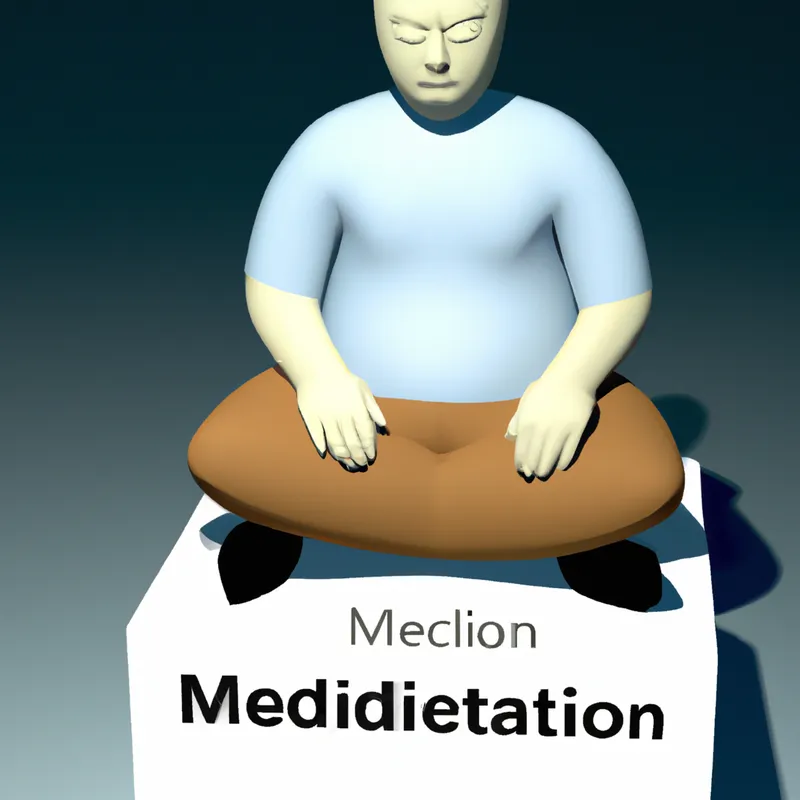Enhance Recovery: Meditation for Cardiovascular Wellness
The Impact of Meditation on Cardiovascular Health in Athletes
In recent years, athletes have changed how they approach training. While conditioning and nutrition remain crucial, mental health now holds equal importance. Many athletes have adopted meditation as a key practice. This ancient technique offers numerous benefits, especially for cardiovascular health. As athletes push their limits, they often ignore the mind’s role in performance. Understanding meditation’s effects on cardiovascular health can enhance both performance and well-being.
The Connection Between Meditation and Heart Health
Meditation promotes relaxation and reduces stress, significantly impacting heart health. Research shows chronic stress elevates cortisol levels. Over time, this elevation can cause hypertension and cardiovascular issues. Athletes face high stress from training and competition. Adding meditation to their routines can be transformative.
Meditation lowers cortisol levels and activates the parasympathetic nervous system. This activation promotes calmness, resulting in a healthier heart rate and blood pressure. Studies indicate that regular meditation leads to lower resting heart rates and improved heart rate variability. These factors indicate a well-functioning cardiovascular system. Athletes seeking better cardiovascular health should view meditation as essential.
The Physiological Effects of Meditation on the Cardiovascular System
Meditation offers profound physiological benefits for the cardiovascular system. The practice encourages deep breathing, enhancing oxygen intake and circulation. By focusing on breath, athletes can increase lung capacity and improve aerobic performance.
Additionally, meditation improves endothelial function. The endothelium lines blood vessels and plays a vital role in vascular health. A healthy endothelium regulates blood flow, prevents clotting, and maintains blood pressure. Meditation increases nitric oxide production, helping dilate blood vessels and improve circulation. For athletes, this improvement translates into enhanced endurance and stamina during activities.
Tips for Integrating Meditation Into Training
Integrating meditation into training routines can be simple and effective. Here are some practical tips:
1. Start Small
Begin with five minutes of meditation daily. Gradually increase this time as you become more comfortable. Focus on your breath or a simple mantra. This practice creates a habit without overwhelming your schedule. Once meditation becomes routine, extend the duration to 10, 15, or even 20 minutes.
2. Find a Quiet Space
Choose a quiet place free from distractions. This environment allows for deeper focus and relaxation. Consider a comfortable spot at home or outside in nature. A peaceful setting enhances the meditation experience.
Conclusion
Meditation significantly benefits athletes’ cardiovascular health and overall performance. By incorporating this practice, athletes can enhance their training outcomes and well-being.
Below are related products based on this post:
FAQ
How does meditation specifically benefit cardiovascular health in athletes?
Meditation benefits cardiovascular health by promoting relaxation and reducing stress, which lowers cortisol levels. This reduction in stress leads to a healthier heart rate and blood pressure, ultimately improving heart rate variability and overall cardiovascular function.
What physiological effects does meditation have on the cardiovascular system?
Meditation encourages deep breathing, enhancing oxygen intake and circulation. It also improves endothelial function, which is crucial for regulating blood flow and maintaining blood pressure. By increasing nitric oxide production, meditation helps dilate blood vessels, leading to improved endurance and stamina for athletes.
How can athletes effectively integrate meditation into their training routines?
Athletes can start by dedicating just five minutes a day to meditation, gradually increasing the time as they become more comfortable. Finding a quiet space free from distractions is also important to enhance focus and relaxation during meditation sessions.















Post Comment